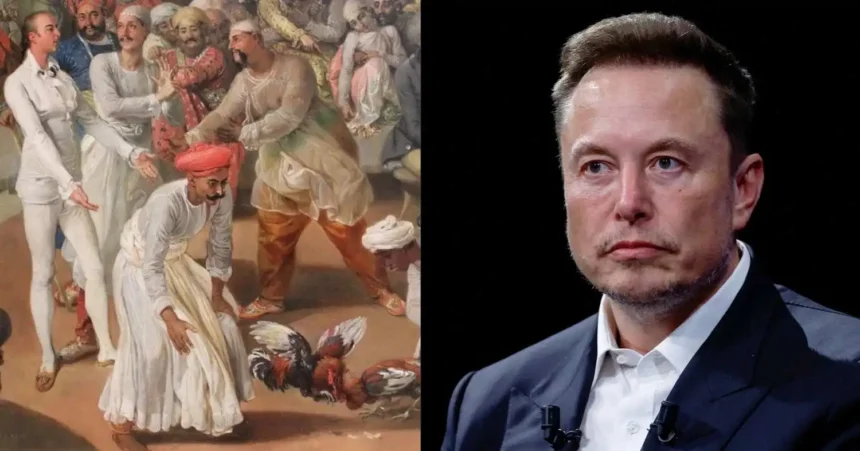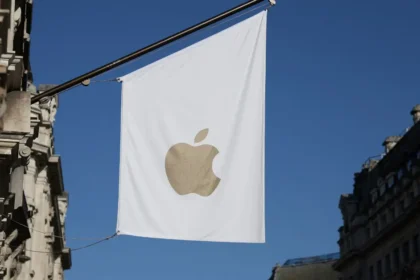A strange and controversial claim suggesting that Britain never ruled India has spread widely across social media, particularly after billionaire Elon Musk liked a post on X that promoted it. The reasoning behind the claim has been criticized by historians and experts, but its visibility has triggered a heated conversation on colonial history, national identity, and how online platforms amplify misinformation.
A post on X claiming that Britain never ruled India has gone viral, drawing sharp reactions from historians, politicians, and the general public. The post argues, without evidence, that India was never under British rule but instead governed through agreements with local powers. The claim gained international attention when Elon Musk, owner of X, liked the post, pushing it to millions of users worldwide.
Historians were quick to dismiss the idea as misleading and inaccurate. They pointed out that from 1858 until 1947, India was officially ruled by the British Crown, following more than a century of control by the East India Company. During this period, the British Empire introduced laws, taxation systems, and political structures that reshaped the subcontinent. The claim that Britain never ruled India, experts say, undermines both the historical record and the struggles of Indian independence leaders.
Social media reactions have been divided. Some users mocked the claim as “internet revisionism,” while others engaged seriously with the discussion, reflecting growing concerns about misinformation online. Musk’s engagement with the post added fuel to the fire, with many arguing that his actions amplified an unverified narrative.
In India, the debate has taken on a political dimension. Critics of the claim stressed that acknowledging colonial rule is essential to understanding the challenges faced by modern India, from economic underdevelopment to cultural shifts. Others suggested that such claims risk downplaying the sacrifices made by freedom fighters such as Mahatma Gandhi, Bhagat Singh, and Subhas Chandra Bose.
Experts on online behavior note that this is not the first time social media has been used to challenge widely accepted history. Viral posts often exploit simplified narratives or unusual claims to gain attention. “When influential figures like Elon Musk engage, it gives fringe ideas a legitimacy they otherwise wouldn’t have,” said one digital analyst.
While the post may fade in popularity, the incident highlights how easily misinformation can spread in the digital age. As Britain never ruled India trends online, the controversy reminds the public of the need for critical thinking and reliance on verified history.














